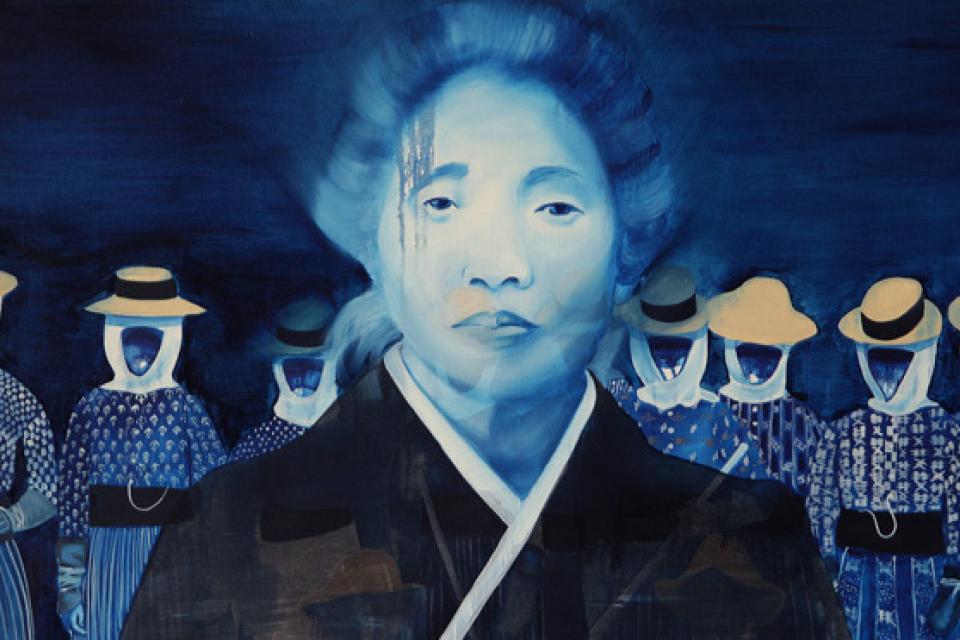
映画上映
"Canefield Songs: Holehole Bushi" Advance Screening and Panel Discussion

映画上映
"Canefield Songs: Holehole Bushi" Advance Screening and Panel Discussion
The Japanese immigrants who worked on Hawai‘i’s sugar plantations in the late 19th and early 20th centuries sang as they worked, creating a Japanese-American equivalent of “the blues.” Called holehole (Hawaiian for dried cane leaves) bushi (Japanese for melody or tune), the songs are a record of the workers’ joys, sorrows, and challenges, providing a fascinating window onto early plantation life.
In the 1960s, Honolulu music teacher Harry Urata, whose own experiences in WWII concentration camps taught him the value of preserving immigrant culture, recorded hundreds of these songs, sung by the women who had created them 60 years before. Several years later, documentary producers Chris Conybeare, Franklin Odo, and Joy Chong-Stannard captured the last of the women pioneers on videotape, telling their stories and sharing their songs.
This material is brought together in the stunning new PBS Hawai‘i documentary video, Canefield Songs: Holehole Bushi, narrated by ukulele virtuoso Jake Shimabukuro. Screening will be followed by a panel discussion with the producers.
This program is free, but RSVPs are recommended using the link below.

